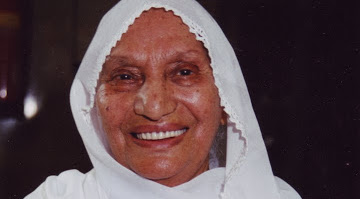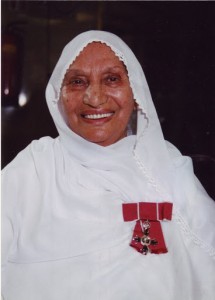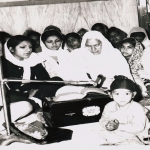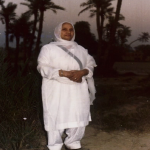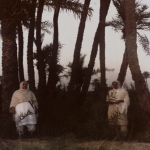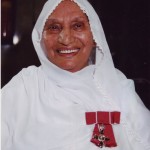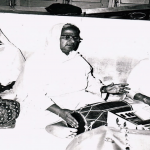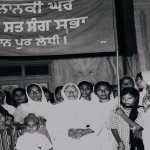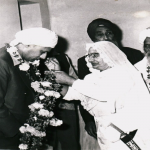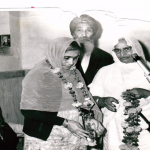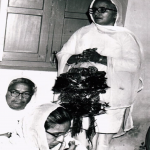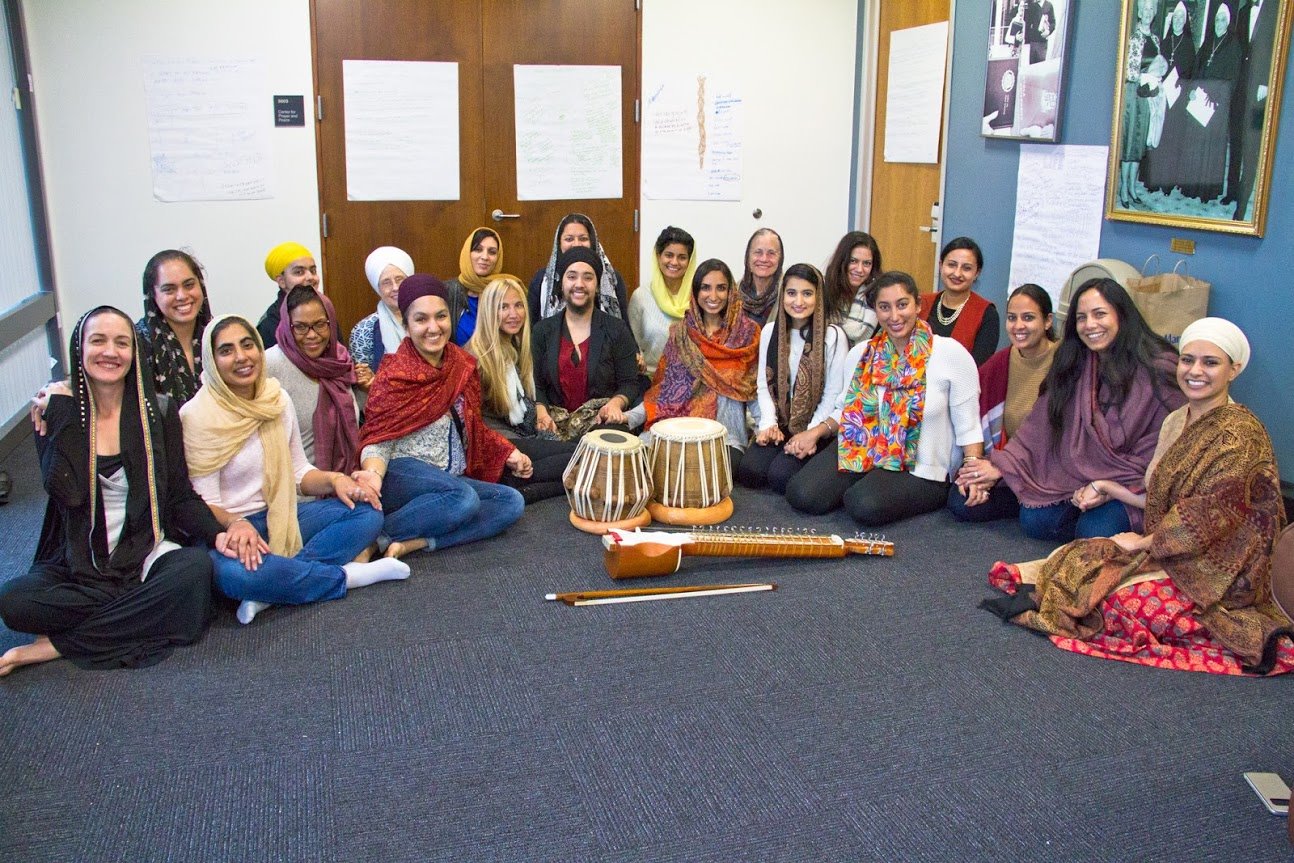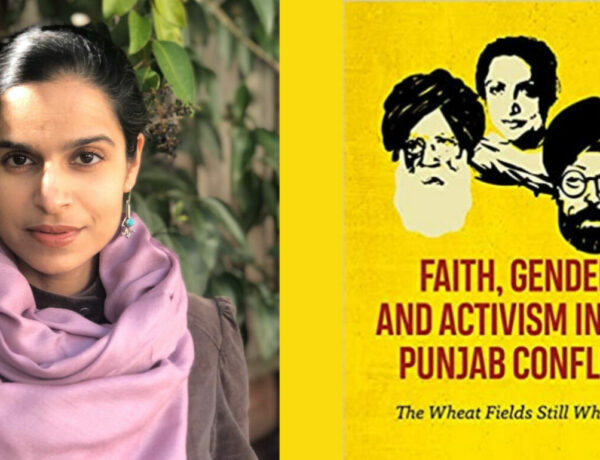To celebrate International Women’s Day of 2015, SAFAR: The Sikh Feminist Research Institute called people to submit stories of their most inspirational favorite Sikh feminist. A granddaughter submitted a story about her grandmother, a driven, thoughtful, and humble woman who served as a strong leader for her Sikh community. Below is an excerpt of her submission. To read more about inspirational Sikh feminists, check out SAFAR’s Facebook Page.
My Bebe Ji
By: A Granddaughter
Empowering women since 1947.
Bright, warm, kind and humble. These were the qualities Bebe Ji (Bibi Balwant Kaur) had and many more.
Bebe Ji, for me and a lot of other families, is an inspirational and amazing woman, who believed it was our duty to help humanity, also a key belief in Sikhi. She guided us in both good times and hard times, always advising us Guru Ji was our answer. She encouraged everyone from all walks of life to progress spiritually in Saadh Sangat. Bebe Ji always said seva and simran are key in leading a healthy life. Her seva and dedication to humanity was honored in 2000 by the Queen of England when she won a MBE (Member of the Order of the British Empire) an award for significant achievement and outstanding service to the community. It is also awarded for local “hands-on” service which stands out as an example to other people. In 2007, In 2007, she won the Sikh Women’s Alliance Award for her “lifetime work in the service of worldwide humanity.”
Bebe Ji’s seva all started in 1947, after the partition of Punjab. Bebe Ji and her friends sent large amounts of clothes, food and medicines to the refugees. At the same time Bebe Ji also helped local Kenyan charities and people in need. When she became widowed at 23, she took a keen interest to help other widows, and she established a cottage industry, which taught women basic life skills of sewing, cooking and reading, especially Sri Guru Granth Sahib Ji. She ended up leading 101 akaand parths during which the Guru Granth Sahib was read mostly by women, which had previously dominated by men.
Bebe Ji noticed no credit had been given to women in Sikhi despite equality in the teachings of Sikhi, so she built a gurdrawa in honor of women named after Bebe Nanki, the first Sikh of Guru Nanak Sahib, and became the Chairperson of Bebe Nanaki Gurdwara at Rookery Road, Birmingham, UK. There is also a Bebe Nanaki Gurdwara in Sultanpur, Punjab too.
Today, there are several Bebe Nanki Jathas across the UK, dedicated to fundraising through organizing satsungs in sangat homes or in the Gurdrawa. There are other jathas in Kenya, India, Canada and America doing similar seva continuing Bebe Ji’s legacy.
In 1975, the Bebe Nanki Gurdrawa of Birmingham hosts monthly eye-camps to provide health care to the sangat. The sangat of the gurdwara, including my grandparents would visit Sultanpur, Punjab to extend this seva by providing free treatment for eye-related diseases. Following the success of the polio camps in 1975, Mata Nanki Charitable Hospital was built. There also a school named after her, Bibi Balwant Kaur Memorial School, which helps students from disadvantaged backgrounds.
Bibi Balwant Kaur Ji (Born May 10, 1915 in Soos, Punjab. Died March 29, 2009), also known as Bibi Balwant Kaur Soor or Bibi ji, is the founder and Chairperson of Bebe Nanaki Gurdwara at Rookery Road, Birmingham, founder of the Bebe Nanaki Charitable Trust, the head of the Bebe Nanaki movement and the Mata Nanaki movement. To learn more about Bibi Balwant Kaur’s life, check out the book “Infinite Inspiration: The Biography of Mrs. Balwant Kaur Soor, MBE” by Dr. Harcharan Kaur Saggu.
Sources:
A granddaughter’s account via SAFAR: The Sikh Feminist Research Institute
http://en.wikipedia.org/wiki/Bibi_Balwant_Kaur_Ji
http://www.youtube.com/watch?v=IPKCRQz4tgc

